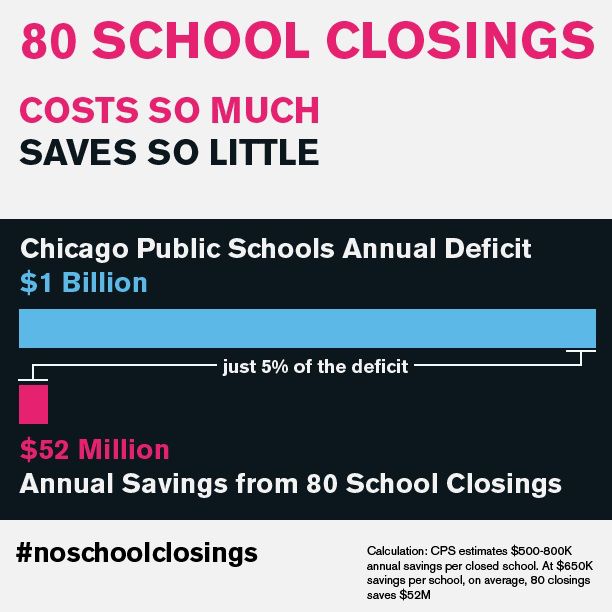Emanuel: Use Chicago Casino Profits To Modernize Schools
By Chuck Sudo in News on Mar 12, 2013 10:00PM

Photo credit: City of Chicago/Brook Collins
While the Illinois General Assembly works to craft a gambling expansion bill that will either pass Gov. Pat Quinn's muster or, more likely, survive Quinn's veto, Mayor Rahm Emanuel said Monday he would funnel all the profits from a proposed Chicago casino to bettering public education in the city.
Oy vey! This again.
Emanuel said:
"I want to build (students) new schools with science and lab facilities and libraries and gyms so they can compete in the 21st century."
Sure, just as soon as he and CPS close the old ones. Emanuel must be expecting everyone in Chicago to become addicted to poker and slot machines if he wants to use gambling revenues to fund the school system. (In theory, it would at least give students a reason to pay closer attention to math.)
This brings to mind the oft-disproven belief that schools in Illinois already benefit from gambling in the form of the Illinois Lottery. Every couple years or so there's an editorial in a newspaper, like this April 2012 op-ed in the Southtown Star, that reminds us how little lottery revenues go toward public education and are more reliant on property taxes for funding.
The problem in Illinois is always one of scale. The lottery money makes it seem as though the state is funding education at an acceptable level, but that’s illusory. The $620 million that lottery players provide for schools every year covers only about 2.5 percent of what it costs to run the nearly 4,300 schools in our state.And that percentage is within the state’s embarrassingly low level of funding for public education — ranking at or near the bottom among the states at about 28 percent. And that state proportion has decreased by about 20 percent over the past decade.
As is no surprise to anyone who gets a property tax bill, Illinois’ school funding formula is heavily dependent on that tax, providing about 60 percent of local schools’ funds, with the state and federal governments making up the rest. And the cost of running the public schools is an upward spiral that shows no sign of tapering off.
The best you can take from this equation is that lottery money is stable and eventually goes where it’s supposed to go. It’s just covering fewer gaps in the budget every year.
So why would Emanuel make this statement? Because he's already on record as wanting a casino for Chicago to fund other infrastructure projects ranging from pothole repair to a complete overhaul of a water system held in place in parts by century-old hollowed logs. He's already shown an ability to use the promise of a Chicago casino as a cure-all for the city's woes but, as the record revenues at Des Plaines' Rivers Casino have shown, there's a limited market for gambling in the Chicago area. A Chicago casino would cut into the revenues at Rivers, which would mean less revenues at Grand Victoria in Elgin, the Joliet casinos, and the Indiana gambling houses. Before long, those same people who called for expanding gambling in Illinois will be the first to call for regulating the industry.
Emanuel's proclamation nicely dovetails with the ongoing debate over school closures and serves as proof to his supporters, at least, that he's "thinking outside the box" to reform the school system. Emanuel, Byrd-Bennett and other advocates of school closures cite a $1 billion budget deficit as the primary reason to close schools. The amount of money closing 80 schools would save CPS is akin to pissing on a hot skillet.

So the combination of school closings and gambling revenue will be enough to put CPS on even footing with other school districts? We highly doubt it
Quinn, as he is with the pension mess in Illinois, is one of the few pragmatic voices in the state speaking out against gambling expansion. He consistently and repeatedly criticized the 2011 gaming expansion bill he vetoed last week for allowing unchecked growth of the industry without regulatory safeguards. As with the lottery revenues, there's no guarantee Emanuel would send the profits from a Chicago casino to the school system and, with the lack of transparency with initiatives like the Chicago Infrastructure Trust and other privatization projects, there's little reason to trust Emanuel when he says these things.